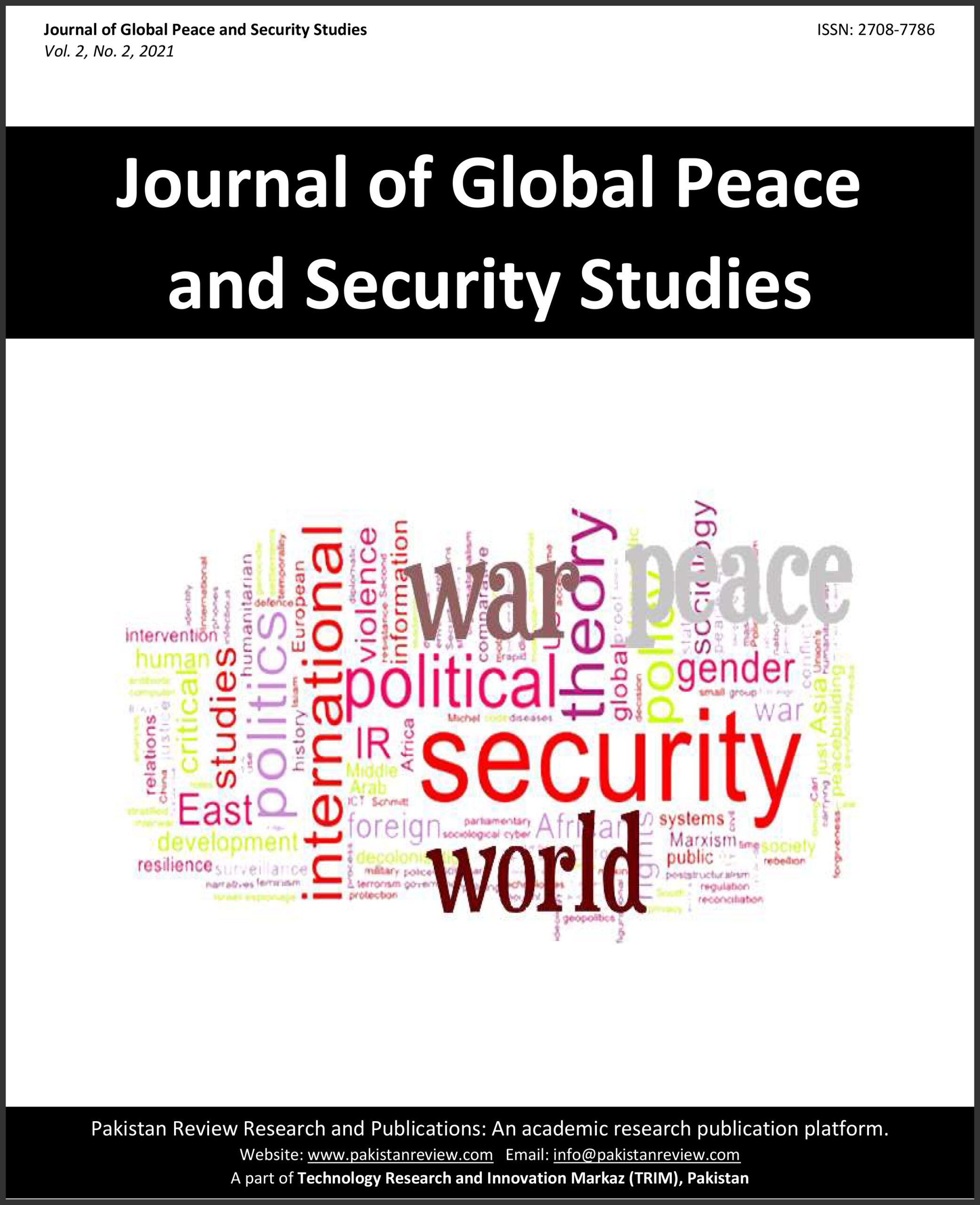Q.8 Give a critical appraisal of Pakistan’s Foreign Policy in perspective of Climate Change. 2019

Pakistan’s foreign policy in the context of climate change has been marked by a mix of achievements and challenges. Climate change is a global problem that requires collective action, and Pakistan has taken several steps at the domestic and international levels to address this issue.
At the domestic level, Pakistan has launched a number of initiatives to address climate change, including the National Climate Change Policy and the Pakistan Climate Change Act. These initiatives aim to mitigate the effects of climate change through measures such as promoting renewable energy, increasing forest cover, and reducing greenhouse gas emissions. Pakistan has also taken steps to adapt to the impacts of climate change, such as developing early warning systems for natural disasters and improving water management.
At the international level, Pakistan has been an active participant in the United Nations Framework Convention on Climate Change (UNFCCC) and has ratified the Paris Agreement. Pakistan has also played a leadership role in the Climate Vulnerable Forum, which is a coalition of countries that are particularly vulnerable to the effects of climate change.
However, despite these achievements, Pakistan faces several challenges in its foreign policy related to climate change. One of the biggest challenges is the lack of financial resources and technological capacity to implement climate change initiatives effectively. Pakistan’s economy is heavily dependent on fossil fuels, and transitioning to renewable energy sources will require significant investments and technological expertise. This creates a need for international support, which is often difficult to secure.
Another challenge is the lack of coordination and coherence in Pakistan’s climate change policies at the national level. There is a need for greater integration and coordination among different government agencies and stakeholders to ensure that climate change policies are implemented effectively.
Finally, Pakistan’s foreign policy on climate change is also affected by geopolitical tensions and regional conflicts. The ongoing conflict with India over Kashmir, for example, has limited opportunities for cooperation on climate change initiatives between the two countries.
In conclusion, Pakistan’s foreign policy in the context of climate change has achieved some notable successes but also faces significant challenges. To address these challenges, Pakistan needs to improve its domestic coordination and coherence on climate change policies, and seek greater international support for implementing climate change initiatives. Additionally, Pakistan needs to work towards reducing geopolitical tensions and conflicts in the region to create a more conducive environment for cooperation on climate change.